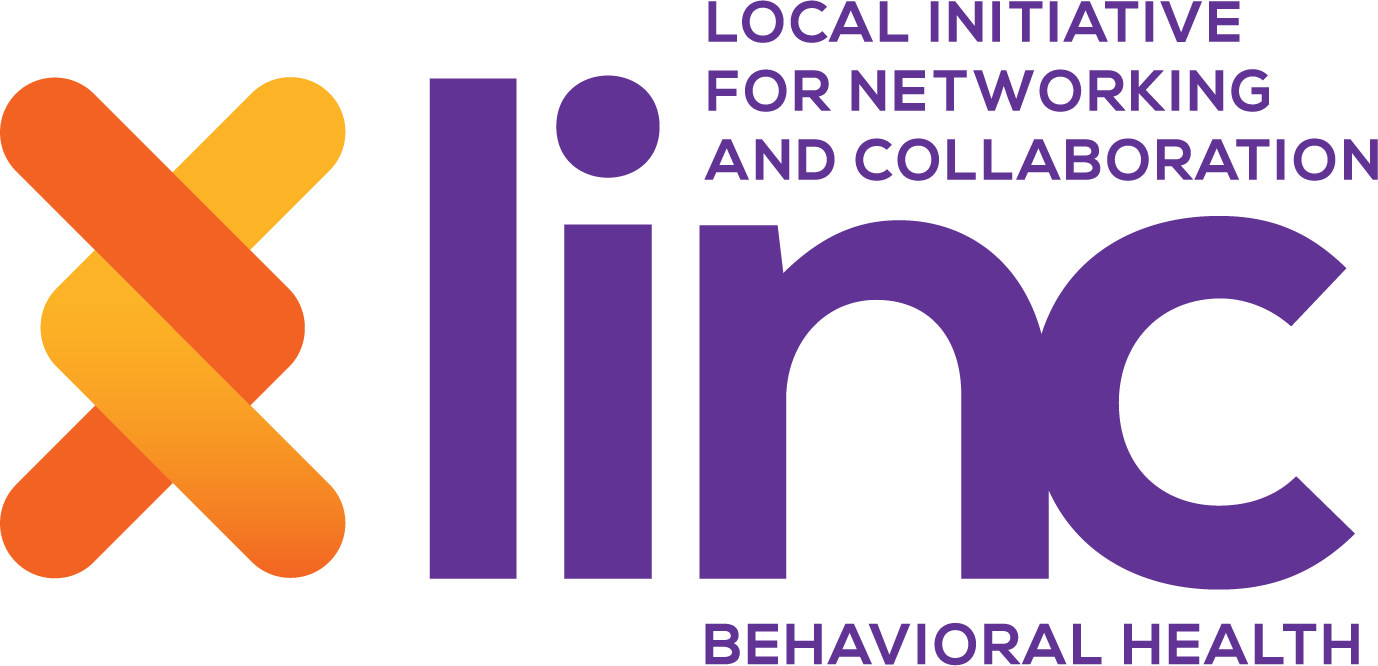(Source: Spencer Hospital) The city of Spencer and surrounding communities have been greatly impacted by recent flooding. Local community members are working hard to clean up the area. The cleanup process can be daunting and hazardous. It is crucial to take necessary precautions to ensure your safety and well-being while you work to restore normalcy. Here are some important guidelines to keep in mind during cleanup efforts:
Stay Hydrated and Take Breaks
Cleanup activities, especially in hot conditions, can lead to dehydration and heat-related illnesses. Make sure to:
Drink plenty of water.
Take regular breaks in the shade or a cool area.
Wear lightweight, loose-fitting, and light-colored clothing.
For more tips on heat safety, please click here to read our other blog – Avoid Overheating this Summer.
Protect Against Tetanus
When cleaning up outdoors, being mindful of tetanus risks is essential. Tetanus is a serious bacterial infection caused by Clostridium tetani, which can enter the body through cuts or puncture wounds. Remember:
Please make sure your tetanus vaccine is up to date. Adults need a booster shot every 10 years. If you have a puncture or deep wound and it has been more than five years since your last tetanus shot, get a booster.
Avoid contact with floodwaters if you have open wounds. Keep any wounds clean by washing them with soap and clean water and covering them with a waterproof bandage.
If you sustain a serious wound or your wound becomes contaminated, seek medical attention promptly. Human tetanus immune globulin (TIG) may be administered if you are not up-to-date with your tetanus vaccination.
Recognizing Tetanus Symptoms
Tetanus is an uncommon but very serious disease that requires immediate medical attention. Symptoms include:
The first sign is most commonly spasms of the jaw muscles, or “lockjaw.”
Other symptoms can include:
Difficulty swallowing
Sudden, involuntary muscle spasms, often in the stomach
Painful muscle stiffness throughout the body
Seizures
Headache
Fever and sweating
Changes in blood pressure and heart rate
If you or someone else exhibits these symptoms, seek emergency medical care immediately. Treatment for tetanus includes:
Hospital evaluation and care
Immediate administration of TIG
Aggressive wound care
Medication to control muscle spasms
Antibiotics
Tetanus vaccination
First Aid for Minor Injuries
Prompt first aid can accelerate healing and prevent infections. For minor injuries:
Wash your hands with soap and water before and after providing first aid.
Clean the wound thoroughly with soap and water.
Apply an antibiotic ointment and cover with a clean bandage.
More serious injuries should be evaluated by a healthcare professional to determine if additional treatment or a tetanus booster is needed.
Electrical Safety
Floodwaters can pose serious electrical hazards. To protect yourself:
Do not touch electrical equipment if it is wet or if you are standing in water.
Turn off the electricity at the main breaker or fuse box if you can do so safely.
Do not use electrical appliances or tools that have been submerged in water until they have been checked by a qualified electrician.
Cleanup efforts after a disaster can expose you to various hazards, but with proper precautions, you can protect yourself and others from serious injuries and infections. Stay hydrated, practice good wound care, and know the signs of tetanus to ensure a safe and effective cleanup process. Your health and safety are the top priorities as you work to recover and rebuild.
